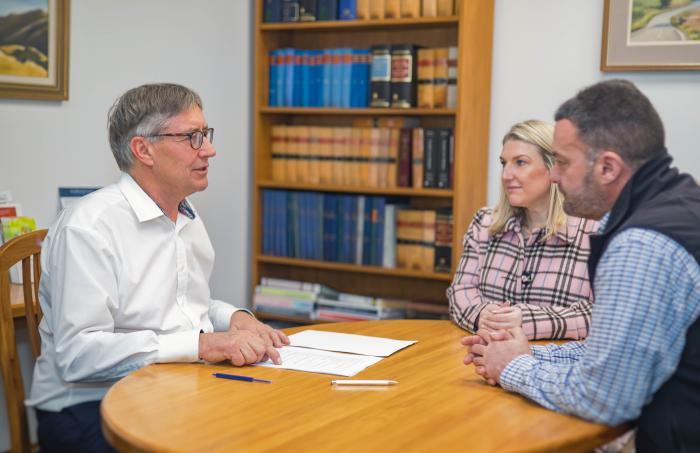
What is a will?
A will is a document that lets you record your wishes of what you would like to happen to your property when you die. Once you die everything you own and any debts you have, make up your estate. Your Will records who you would like to look after your estate and carry out the instructions in the will (your executor). You can also record wishes of what you would like to happen to your body once you die, who you want to care for your minor children or care for your pets, leave specific gifts or keepsakes to certain people and decide who will inherit the remaining estate.
What happens if you do not have a will?
If you die without a will you are deemed to have died intestate and your estate will be administered under the Administration Act 1969. Your family will need to decide who will be the administrator of your estate. The administrator manages the estate including closing accounts, filing tax returns, selling property, paying off debts, and distributing the estate. This is similar to the role of an executor under a will.
The person chosen to be the administrator will need to obtain legal authority to carry out this role. This is done by applying to the High Court to be granted letters of administration. Once letters of administration are granted the administrator has the power to distribute the estate.
The Administration Act will then decide how your estate will be distributed. This depends on your family circumstances and might not be what you would have wished or what your family wants. The way your estate would be distributed is as follows:
- If you have a spouse or partner, but no parents or children then your spouse would receive the entire estate.
- If you have a spouse or partner and children, then the spouse receives your personal effects, $155,000, and a third of anything left. Your Children would then receive the remaining two-thirds, divided equally between them.
- If you have a spouse or partner and parents, but no children: The spouse receives your personal effects, $155,000, and two-thirds of anything that’s left. Your parents will receive the remaining third divided equally amongst them.
- If you have children but no spouse or partner. Then your children will receive the entire estate shared equally among them.
- If you only have surviving parents, the entire estate is divided equally between the parent or parents.
- If you only have surviving siblings, the entire estate is divided equally between them.
Being prepared and setting up a will is simpler, cheaper, and less stressful for your loved ones when you pass away. Having a will is the only way to ensure your wishes are followed and the people you love are provided for and cared for.
A will can be a complicated document that if it is not executed properly can leave your estate open to lengthy and expensive court claims. Please see our blog post about claims against estates for further information. The life law team at Godfreys Law can guide you through the process of creating your Will and make sure your wishes and estate will be followed and upheld.
If you would like to get your Will sorted, contact the life law team at Godfreys Law on 03 366 7469



 Prev Article
Prev Article